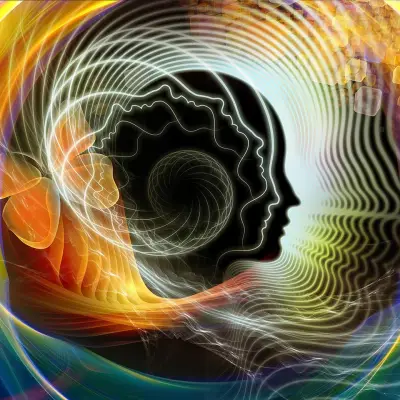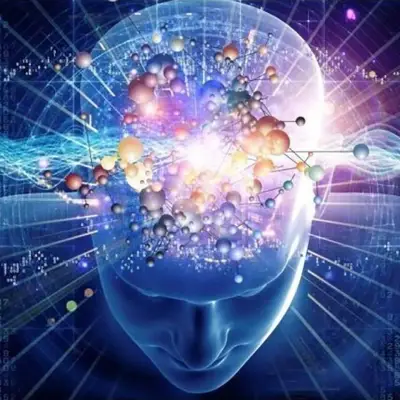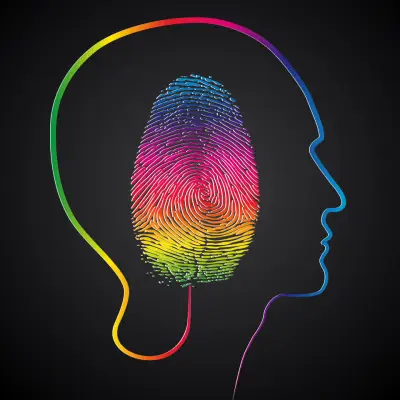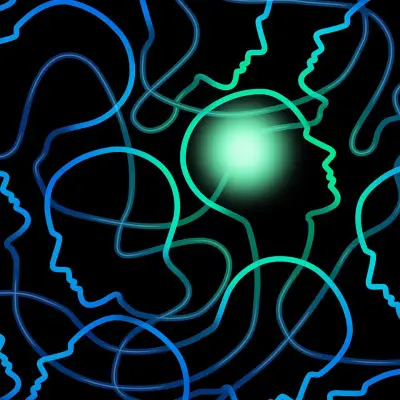Transactional Analysis therapy guides people through deep transformations from the inside out. In this article, we’ll discuss the core principles of transactional analysis, from the three ego states to life positions and scripts, and explore how therapists employ these concepts as powerful tools for positive change and personal growth.
Jump to:

What is Transactional Analysis?
Transactional analysis (TA) is a psychological framework that gives us a structured understanding of human behaviour and communication. It was developed by the psychiatrist Eric Berne in the 1950s and it explores how individuals interact and communicate with each other based on three primary ego states: Parent, Adult, and Child - the (PAC) model. There is also the idea of life positions: fundamental attitudes that individuals adopt based on early life experiences. It focuses on clear communication, so it has been useful in many areas beyond psychotherapy. Organisations, schools, and individuals have all benefited from transactional analysis techniques that improve how people relate to each other and understand themselves.
The Three Ego States
In Transactional Analysis, ego states represent distinct modes of thinking, feeling, and behaving. In therapy they are split into three primary categories:
Parent Ego State
In the therapeutic context, the parent ego state reflects the influence of learned behaviours and attitudes from significant authority figures in an individual's early life (such as parents). In transactional analysis therapy, therapists observe and analyse how clients respond to situations based on ingrained parental messages (nurturing or critical). By identifying how a client's early experiences still shape their actions today, a therapist can help the client to re-evaluate those formative events. This reexamination can provide insight into how the past continues to influence the present and assist the client in making changes moving forward.
Adult Ego State
The Adult ego state is neutral and natural and represents an individual's capacity for objective thinking and decision-making. Therapists leverage this ego state to encourage clients to analyse situations objectively, giving them a sense of self-awareness and empowering them to make informed choices. It's useful for solving problems and seeing how our choices affect outcomes. In turn, this helps people to take responsibility for their actions and become more independent.
Child Ego State
The Child ego represents our instincts and behaviours that were learned in early life, including helpful and limiting patterns. Therapists explore this part of the self to find adult behaviours that actually originate in childhood. By working through these emotional reactions together, the therapist helps the client to replace outdated coping strategies with healthier ones, leading to emotional growth.
Transactional analysis therapists are skilled at using ego state examination to facilitate transformation in clients. By seeing which part of the self is strongest in different circumstances, the therapist understands the emotional factors at play and where the client needs growth. The therapist often helps the client to practise purposefully shifting ego states- this builds the client's ability to respond to life's difficulties consciously and with greater flexibility. Looking closely at ego states in therapy becomes an effective way to deepen self-knowledge, make positive changes, and support emotional health.
Recommended for you!
Best SellersLife Positions
Life positions refer to a person's fundamental stance toward themselves and others. Transactional analysis identifies four main life positions that individuals adopt in relation to their self-perception and beliefs about others:
- I’m okay, you’re okay.
- I’m okay, you’re not okay
- I’m not okay, you’re okay
- I’m not okay, you’re not okay
These positions develop in childhood and significantly influence a person's relationships and wellbeing throughout life.
In therapy, identifying a client's dominant life position provides insight into core beliefs that drive their behaviours and emotional struggles. For example, holding an “I’m not okay, you’re okay” stance often correlates with chronic low self-worth and lack of assertiveness. Through discussion, analysis, and experiential techniques, the therapist helps the client become aware of their maladaptive life position. The therapeutic goal is then to guide the client toward adopting the “I'm okay, you’re okay” position. This involves transforming negative self-talk, building self-acceptance, and developing healthy approaches to boundaries and relationships with others.
Strokes and Recognition
Strokes refer to any act of recognition between people - verbal or non-verbal - such as a handshake or a simple “hello”. They can be positive or negative and are essential when it comes to emotional health. In therapy, strokes acknowledge the client’s presence and validate their intrinsic value. Positive strokes from the therapist provide needed encouragement and reinforce progress, building rapport. However, negative strokes also arise due to dysfunctional patterns that clients internalise over time. For example, consistently seeking approval or exhibiting hostility when given positive feedback indicates negative stroke patterns.
Skilful transactional analysis therapists utilise strokes while also recognising and challenging negative stroke patterns. They ensure clients receive positive strokes through compliments, actively listening, and displaying interest. The therapist mindfully avoids negative strokes like inattention or criticism. Bringing awareness to negative stroke patterns then becomes an opportunity to understand their origins and transform them. As clients have therapy, they learn to give themselves positive strokes through self-care and self-acceptance. They also learn to communicate their needs to elicit positive strokes from others. By handling strokes thoughtfully, the therapist brings change while meeting the client’s core human needs for recognition and care. Replacing negative stroke patterns with positive affirming experiences allows clients to realise their potential.
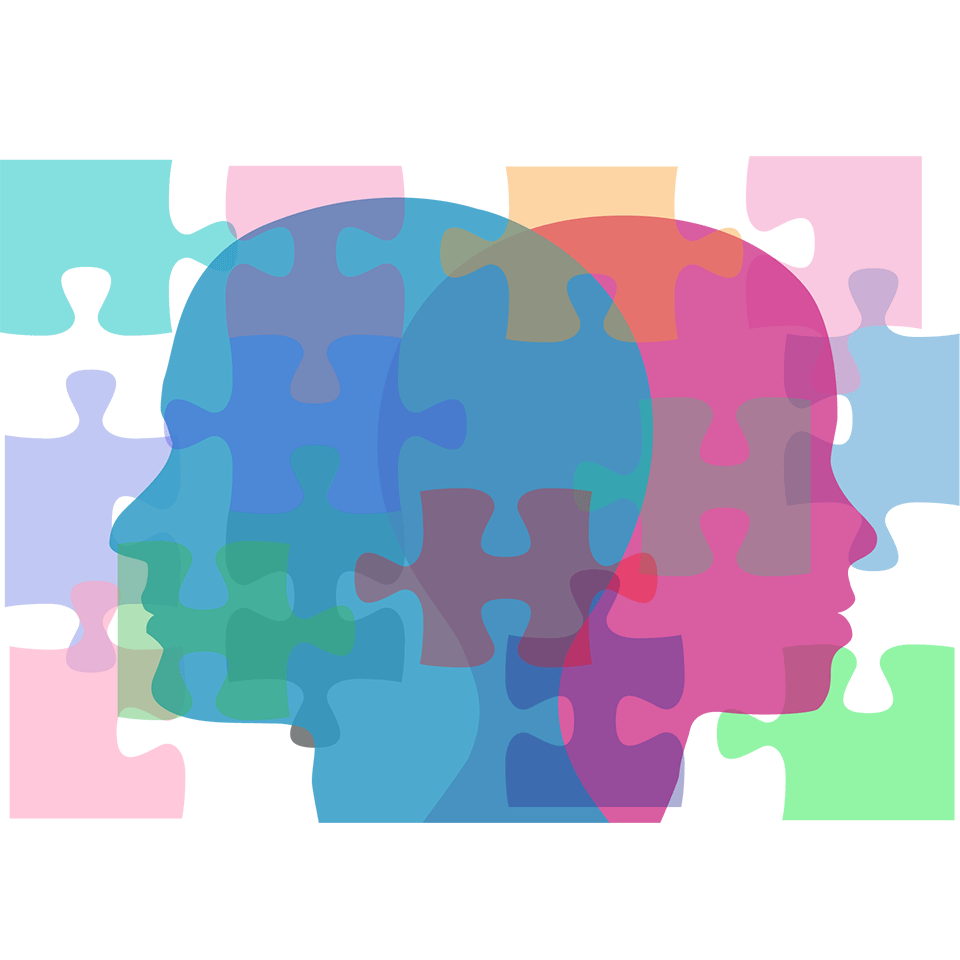
Games and Scripts
Transactional analysts view psychological games and scripts as common: learned patterns of interaction that have unconscious influence over people’s lives. Games refer to recurring patterns of behaviour that individuals engage in without full awareness, often leading to unproductive outcomes. Life scripts, on the other hand, are ingrained narratives formed in early life that dictate an individual's beliefs about themselves and the world.
In therapy, bringing games and scripts into conscious awareness is key. The therapist helps clients recognise when they are falling into habitual games through process questions and observation. Similarly, common themes in the client’s life story reveal their dominant script. For example, a “failure script” manifests in narratives of not being good enough.
Once aware of games and scripts, the client can make alternate choices. Through a process of script analysis, therapists uncover these narratives and share how they may limit personal growth. By identifying and challenging unhelpful scripts, individuals can then rewrite their life stories and break free from self-imposed constraints. For example, a client with a lifelong “loner script” is supported in taking risks to connect with others.
Roleplay and behavioural experiments in session allow the client to practise and gain confidence. For example, if a client recurrently engages in a "Rescuer-Victim" game, where they consistently rescue others but feel unappreciated, the therapist might explore the underlying motivations and help the client to establish healthy boundaries.
Benefits of Transactional Analysis Therapy
Better self-awareness
Self-understanding is vital for making lasting changes. Through analysing ego states, scripts, games, and life positions, individuals gain an insight into their inner world, core beliefs, and unconscious patterns.
Positive behavioural change
Highlighting an individual’s unhealthy patterns - by examining games and scripts - helps therapists guide them in reshaping these unhelpful patterns. This results in positive behavioural changes, allowing individuals to break free from limiting scripts and gain the freedom to live life more fully.
Better communication
Transactional analysis can help someone build effective communication skills by using ego state analysis to improve their interactions. Therapists teach clients to recognise ego states and adjust them appropriately during conversations. This makes their communication with others better, whether at work or home, leading them to have healthier dialogues.
Empowerment
Transactional analysis empowers clients to guide their own growth process. Therapists act as facilitators who support clients in shaping their own transformation, but clients are not passive recipients of treatment.
For those interested in learning more, our accredited online Transactional Analysis Therapy Course is an ideal starting point. For just £29 (save £118!), this course offers an in-depth exploration of TA concepts and techniques. It’s aimed at those who are considering becoming a Certified Transactional Analyst. It's also highly valuable for therapists and counsellors who want to enrich their knowledge of this approach and its benefits for clients.
Dive into the TA method on your own schedule and deepen your understanding and abilities with transactional analysis therapy today!
